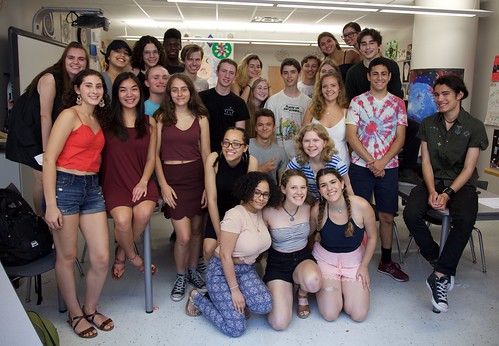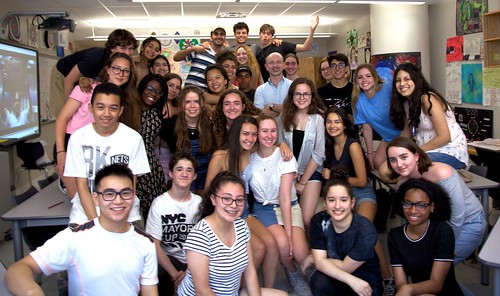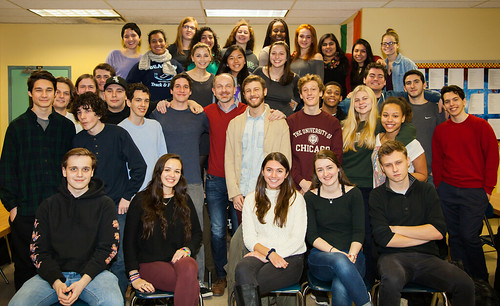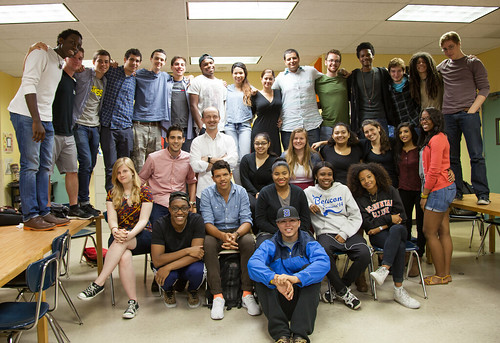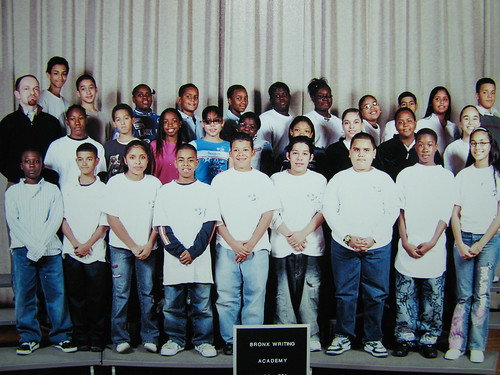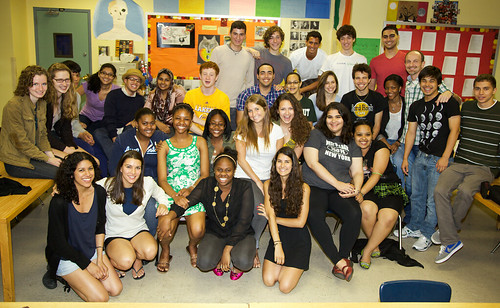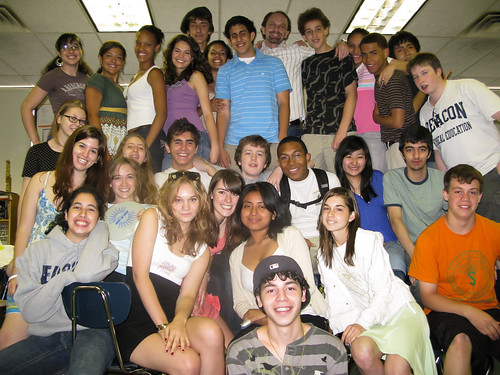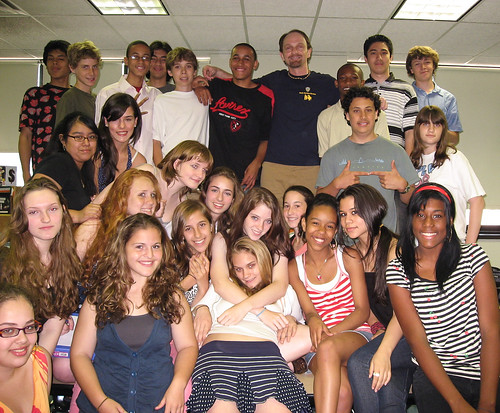1. PBA–Final Draft/Comparative Essay
The following are due Monday:
- TWO COPIES of your PBA essay (one for me and one for your partner).
- Edited first draft with your editor’s name clearly marked at the bottom of the first page.
- Cover Letter
- Index cards! Hopefully you have been generous with your kindness. Remember to write the name of the recipient on the back of each card but keep your name off!


